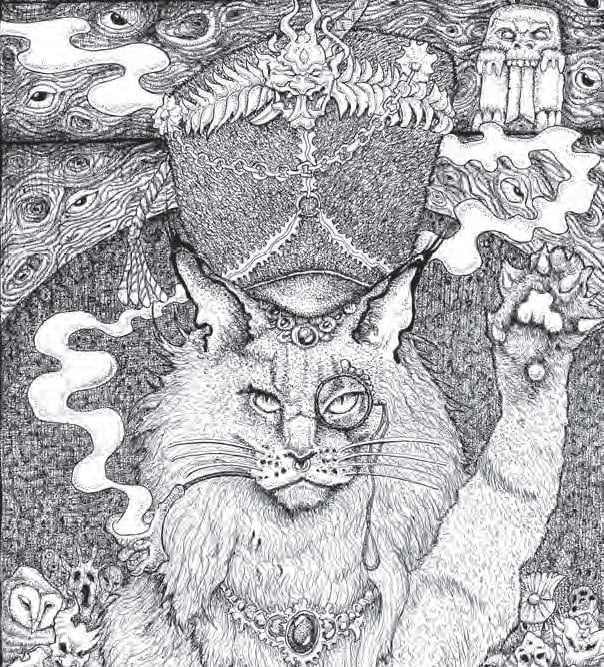squeen
8, 8, I forget what is for
Issue number #2 of Ben L's (of Mazarins Garden) zine of the awesome Dreamlands city of Zyan is now on sale.
For a probably very limited time you should be able to order a print copy of it and issue #1 (which sold out quickly).

 throughultansdoor.bigcartel.com
throughultansdoor.bigcartel.com
His work inspires me like few others. A very high standard.
Here's Bryce's review of issue #1.
 tenfootpole.org
tenfootpole.org
For a probably very limited time you should be able to order a print copy of it and issue #1 (which sold out quickly).

Through Ultan's Door
Purveyor of dreams and illusory hopes, merchant of nightmares, speculator in fancies.
His work inspires me like few others. A very high standard.
Here's Bryce's review of issue #1.
